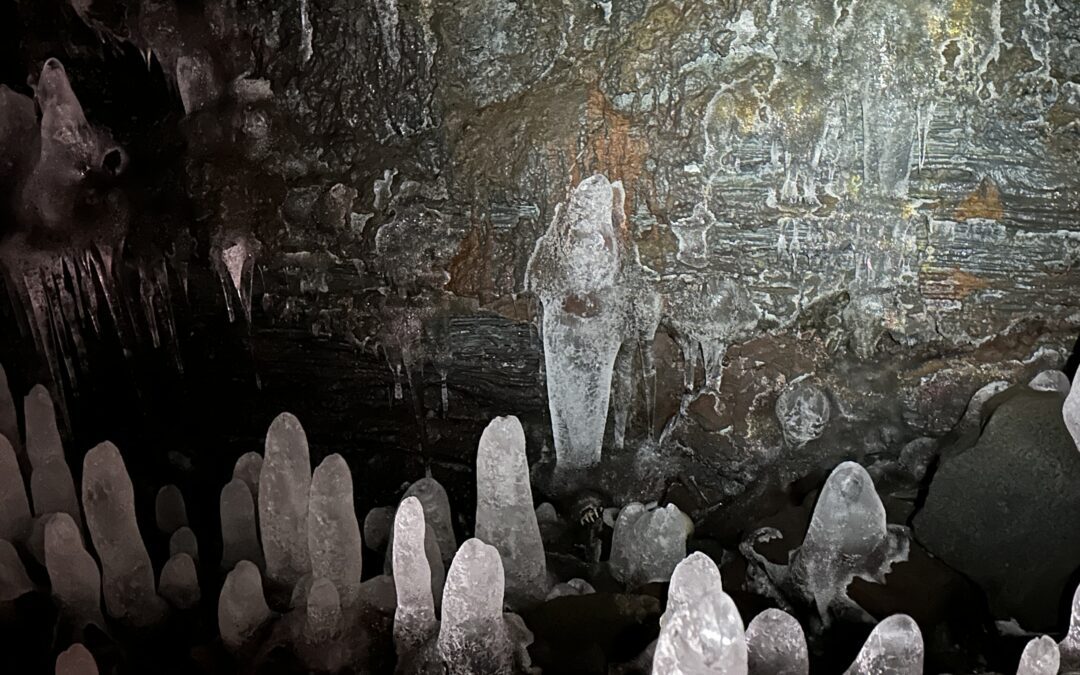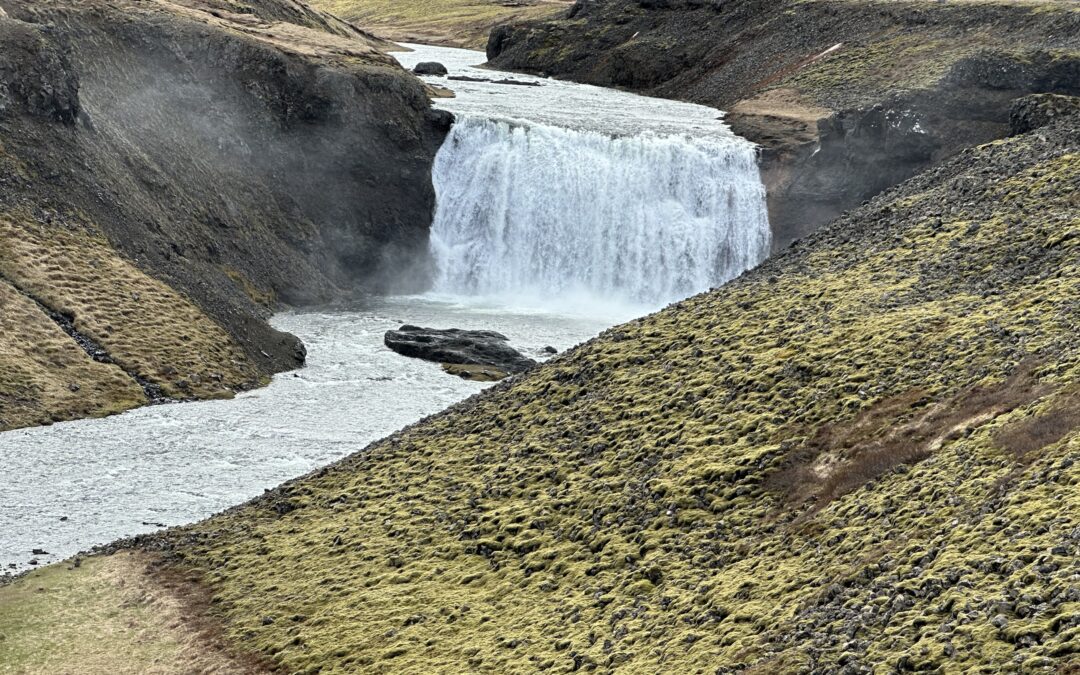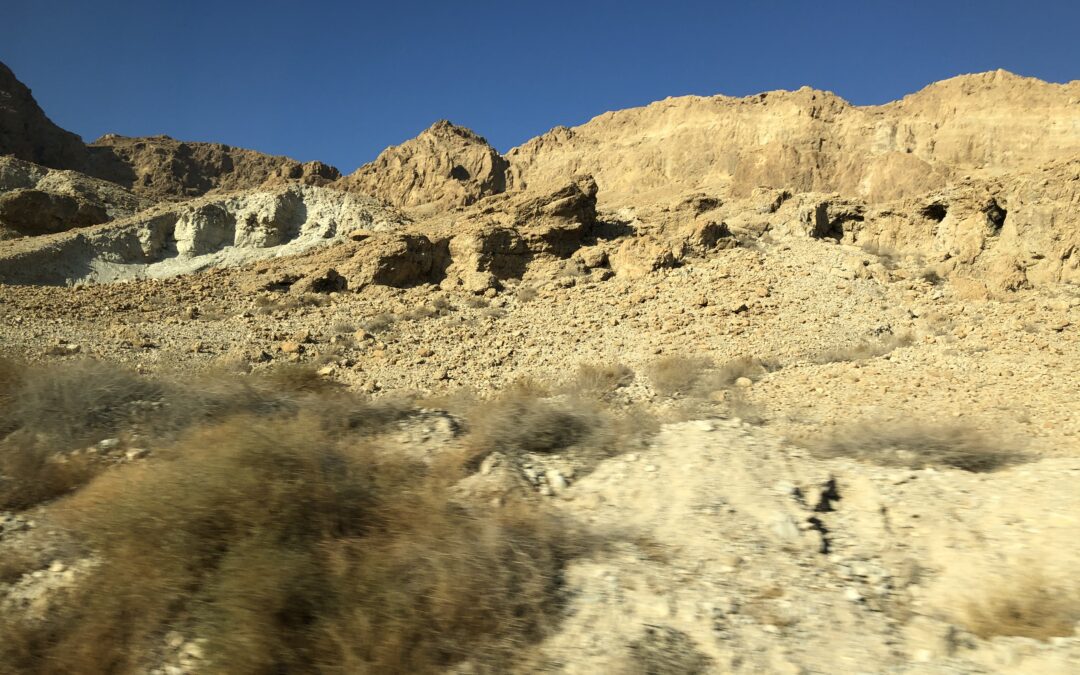Chaye Sarah-To Be A Blessing
By Rabbi Maralee Gordon
My mother told the story of how her parents called her up and announced that they had just bought a condo. “You bought a condo?!” she exclaimed, puzzled. They talked on the phone every day but they hadn’t shared a desire to relocate. No, as it turns out, their new condo was two spaces in an above-ground mausoleum. My grandfather explained, “My brother Ben and Anna will be upstairs, and Bea (his sister) and Henry will be next door.” They lived to be 90 and 98 respectively, their arrangements taken care of decades before. I know their negotiations were not as complex as the process Abraham undertook with his neighbors!
Being a shepherd meant using the land, moving when necessary to maintain the flocks, being able to pull up stakes at a moment’s notice. It did not involve property ownership. The Cave of Machpelah (in what is now Hebron) was the first piece of land Abraham owned, the oldest piece of land tended by his descendants to this very day.
My parents were in their early 70s when they bought their condos at the Jewish cemetery closest to their home northwest of Chicago, bringing me along to co-sign papers as next-of-kin. They also lived into their 90s, and when they died, every detail of their burials had been taken care of. I only had to engage a rabbi to officiate.
Last summer I turned 72. My husband and I have talked hardly at all about where we will be buried. Although my family has lived in the Chicago area for four generations, I have parents in one cemetery and grandparents in two other cemeteries. And while we have stayed in the Chicago area our entire lives, our children have not. When we get too old to travel, which far-flung son will we settle near? How do we decide where our final resting place will be?
In the chapter of his life following Sarah’s death, Abraham spends his time taking care of things: acquiring a burial plot, initially for Sarah, but in time for himself and his descendants; acquiring a wife for Isaac, the next step to ensuring he will have descendants; and acquiring a new wife for himself and more children. He makes gifts to his youngest children, ensuring that the bulk of his legacy, materially and spiritually, will go to his designated heir, Isaac. He ties up all the loose ends so that all that is left for Isaac and Ishmael to do is to come together to bury their father next to their mother.
How far did they have to travel to meet to bury their father? How far did they have to transport his body to the Cave of Machpelah? They did not have to fly over oceans as our children will, though the travel time could possibly be similar.
At the beginning of the Abraham saga, he is told by God to be a blessing (Genesis 12:2). In chapter 18, we learn what that blessing is: “…all the nations of the earth are to bless themselves by him, for I have singled him out, that he may instruct his children and his posterity to keep the way of Adonai by doing what is just and right.” Abraham’s strength is in doing what is just and right and in influencing those around him to do the same.
Toward the end of his life, we learn that he was himself blessed with everything: V’Avraham zakein, ba bayamim, va-Adonai beirakh et Avraham ba kol, “Abraham was now old, advanced in years, and Adonai had blessed Abraham in all things.” (Gen. 24:1)
At the beginning of our lives, as we are maturing, our parents want us to make them proud, to bless them with our accomplishments and by giving them grandchildren; by continuing to honor them, and by attending to their needs as they age. From the vantage point of being advanced in years–that is, looking back on my own life from the stage of life of being a grandparent–I feel blessed in everything.
I have more than I need materially. I have been able to do meaningful work. I have close friends, good people who continue to teach me how to be a blessing. I have children I love dearly and who love me in return. My children have grown up to be responsible parents and partners, and each of them gives back to their communities and strives to make the world a better place.
Abraham teaches us to continue to bless those around us by our concern and our actions, no matter what our age or stage of life. This is not a job we retire from. This is our legacy and our mission, our covenant with the God of Abraham, to be a blessing to all through our deeds, and to pass it on, modeling and instructing others “to keep the way of Adonai by doing what is just and right.” Our reward lies in maintaining awareness that we are blessed in all things. The stance of gratitude is the blessing of a life well-lived.
Rabbi Maralee Gordon, a long-time Jewish educator and pulpit rabbi, received ordination from the Academy for Jewish Religion (NY) in 2001. She now devotes her time to pastoral care and support to detained and deported immigrants and their families through the Interfaith Community for Detained Immigrants.










0 Comments